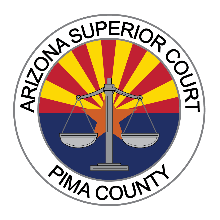EVERY STUDENT SUCCEEDS ACT (ESSA)
ESSA was enacted on December 10, 2015 and reauthorized the Elementary and Secondary Education Act (ESEA), which was originally enacted in 1965, and last reauthorized in 2002 as the No Child Left Behind Act (NCLB). ESSA contains several provisions that work in parallel with provisions of the Fostering Connections to Success and Increasing Adoptions Act of 2008, which focuses on child welfare agency obligations, including educational success of students in foster care.
For the first time, federal education law now contains key protections for students in foster care to promote school stability and success and requires education agencies to collaborate with child welfare agency partners.
Some key provisions of ESSA require:
| ● |
Foster children are enrolled or remain in the school of origin for their entire school career, unless a determination is made that it is not in their best interest. |
| |
| ● |
There must be a point of contact for child welfare and local education agencies at the state level and the local level to implement the provisions of ESSA. |
| |
| ● |
There must be clear written procedures for how transportation to maintain foster youth in the schools of origin will be provided, arranged and funded during that time in care. |
| |
| ● |
State education agencies must annually include disaggregated information on foster youth in the state report cards to include foster youth graduation rates and foster youth academic achievement. |
| |
| ● |
Detention schools must have a high school diploma program not solely a GED program. |
| |
| ● |
The state must work with charter schools on recruitment and enrollment practices to promote inclusion and eliminate any barriers to enrollment for foster children. |
| |
The Department of Education and the Department of Health and Human Services released non-regulatory joint agency guidance on June 23, 2016 and on May 31, 2016 the Department of Education released their proposed regulations. The McKinney Vento act was no longer applicable effective on December 10, 2016.
Every Student Succeeds Act (ESSA) - U.S. Department of Education



